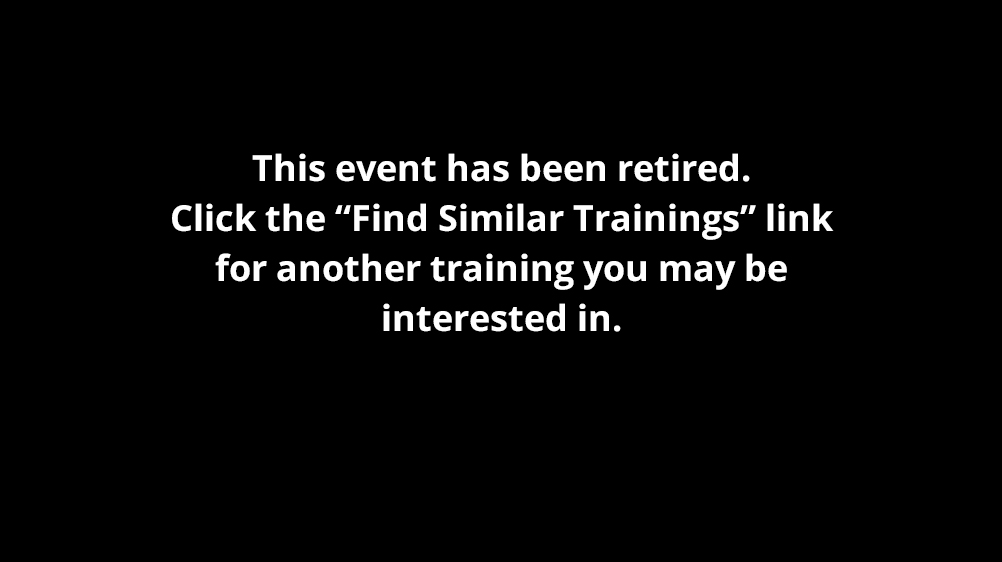Working at the University-Industry Interface: Effective Strategies for Active Researchers
(Retired)
Why is this event retired?
At AI we want to always ensure that the best and most current trainings are available to members, and we regularly review our trainings to ensure that is the case.


